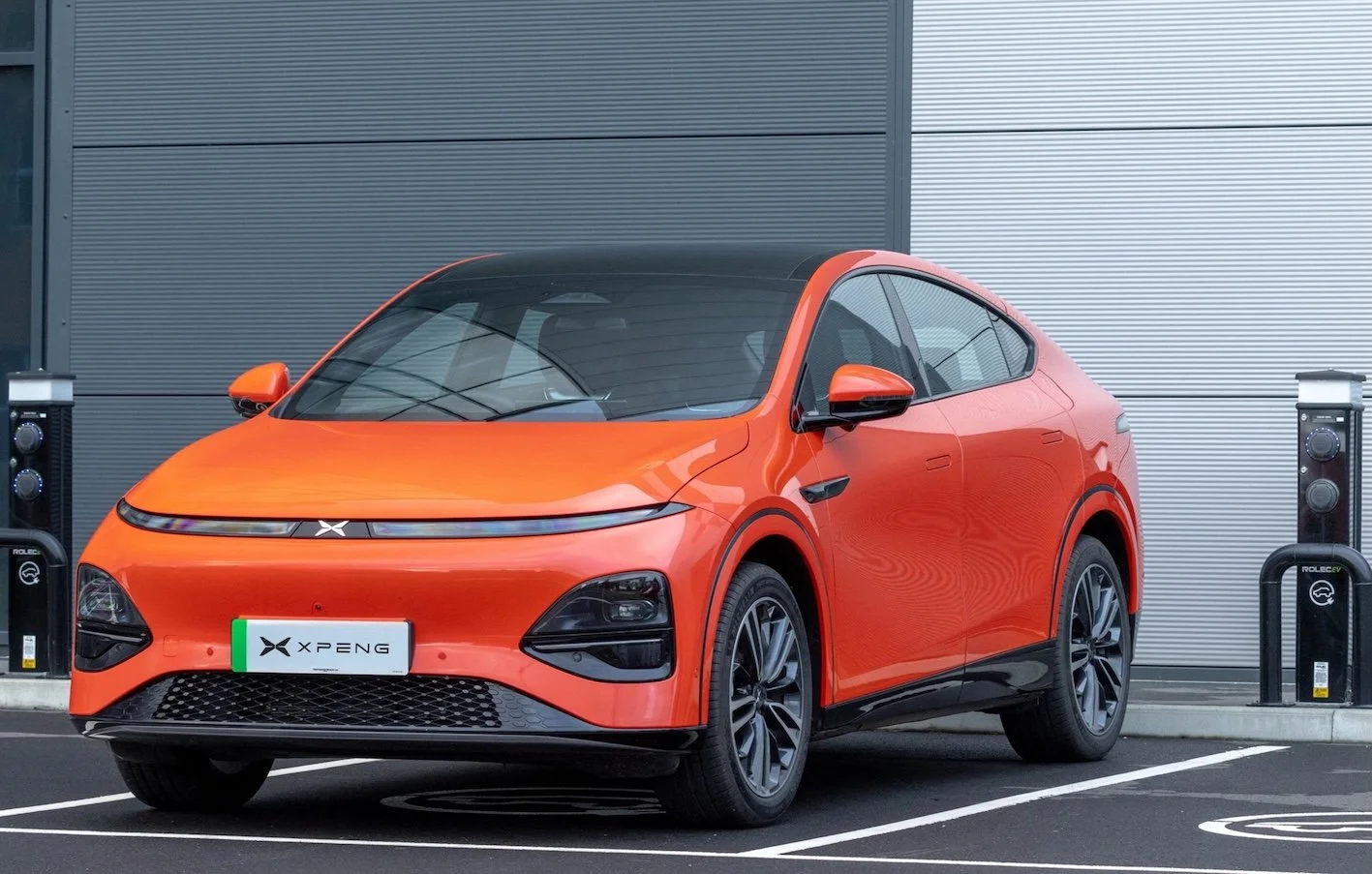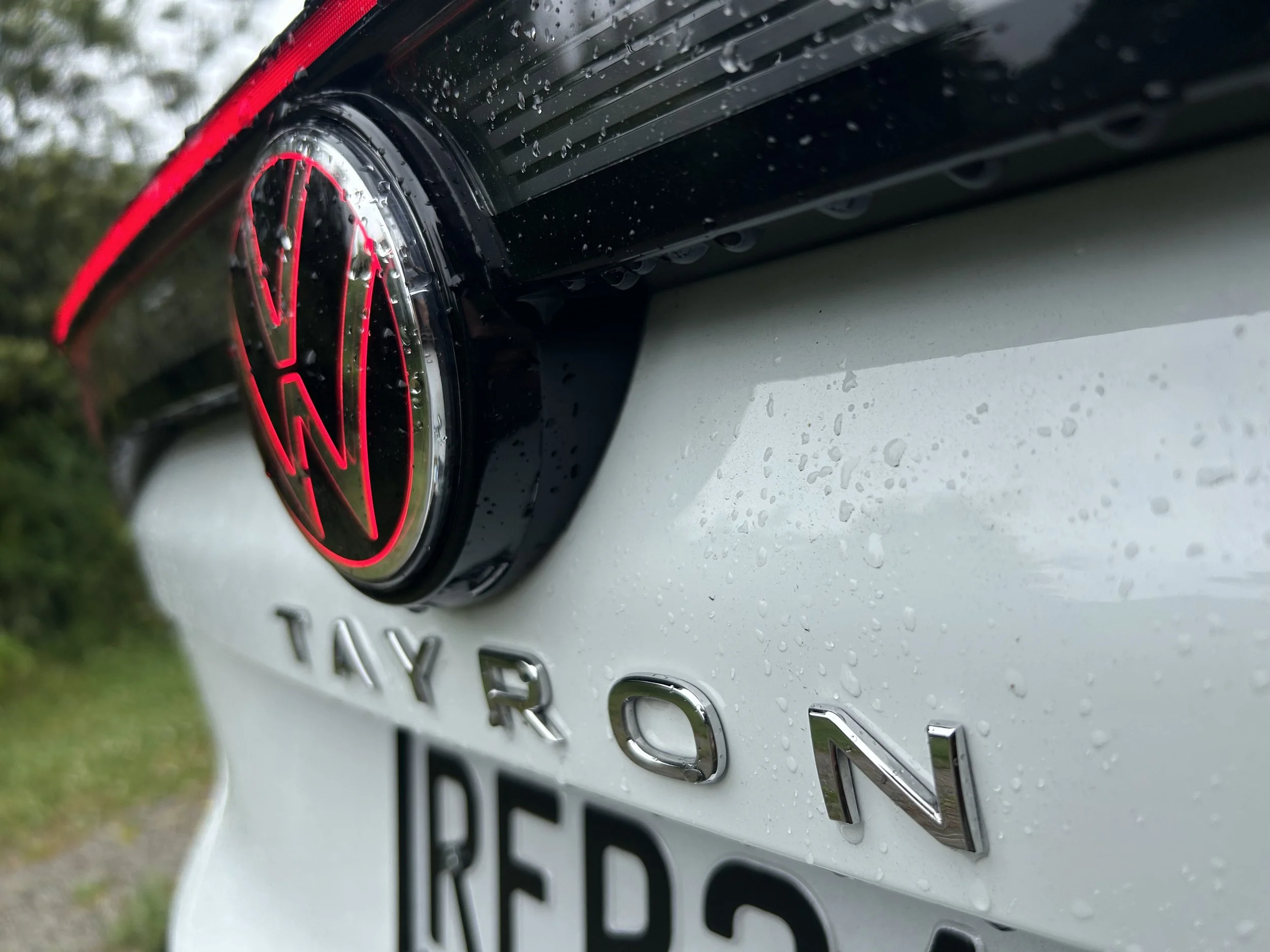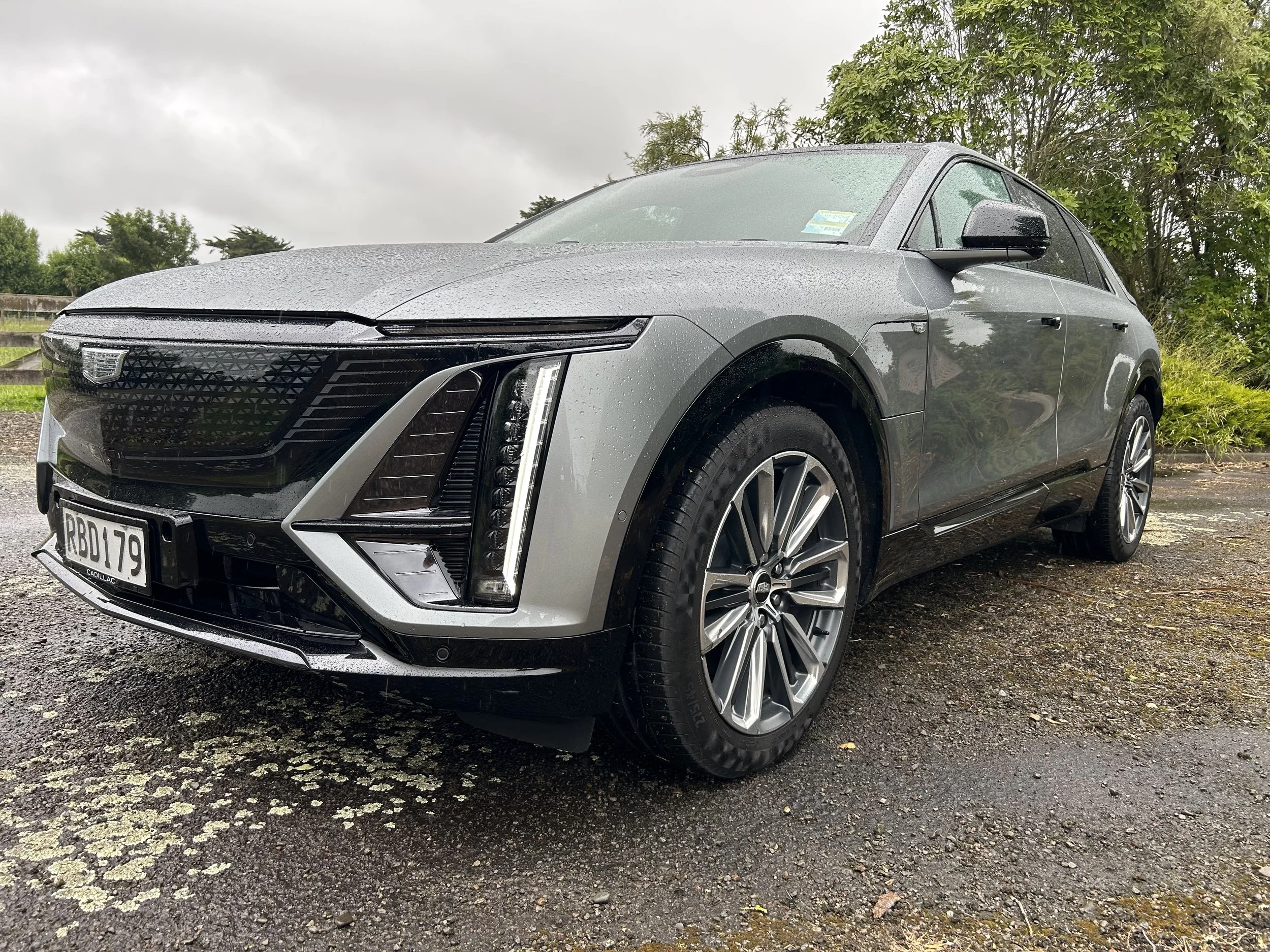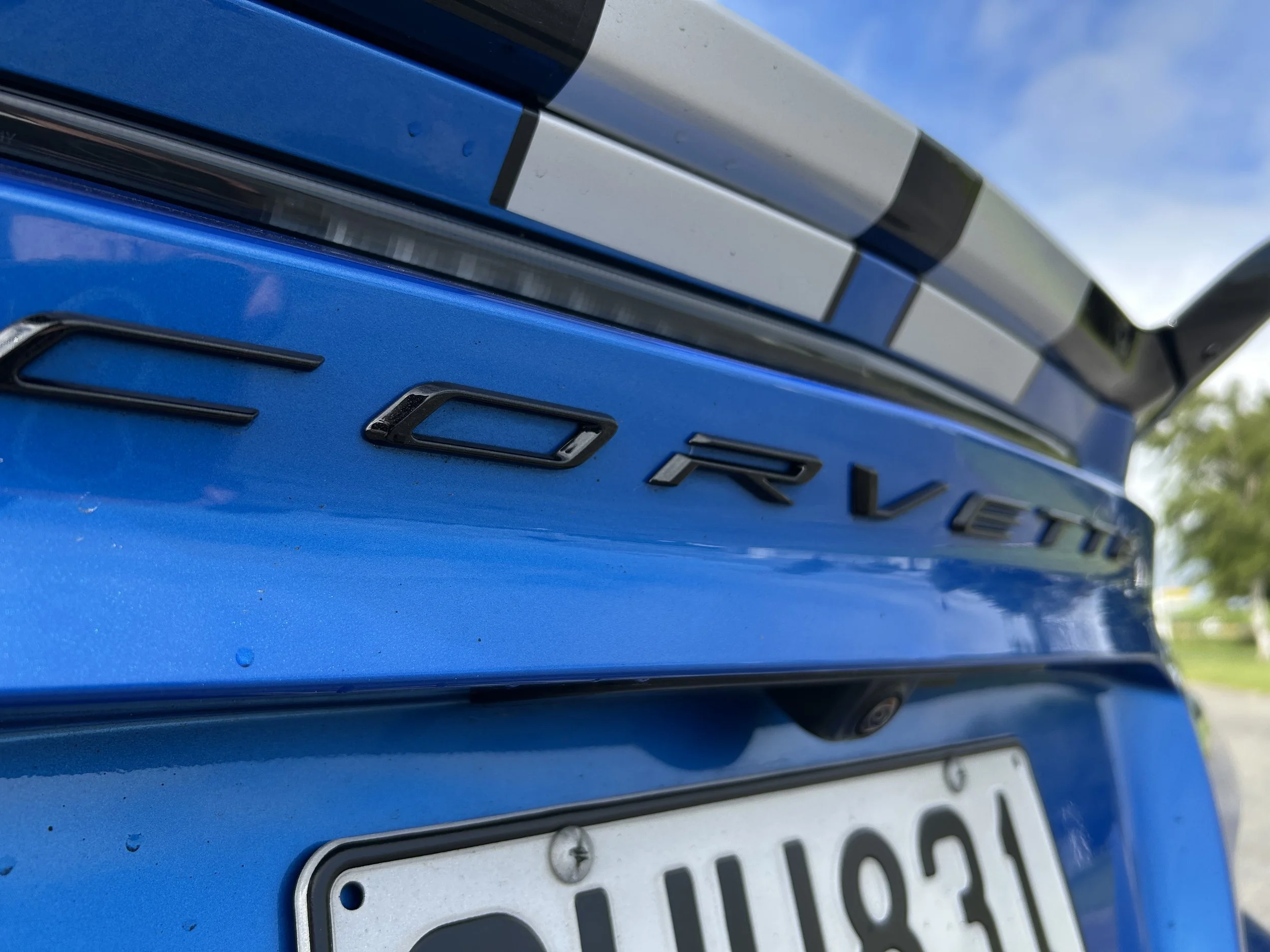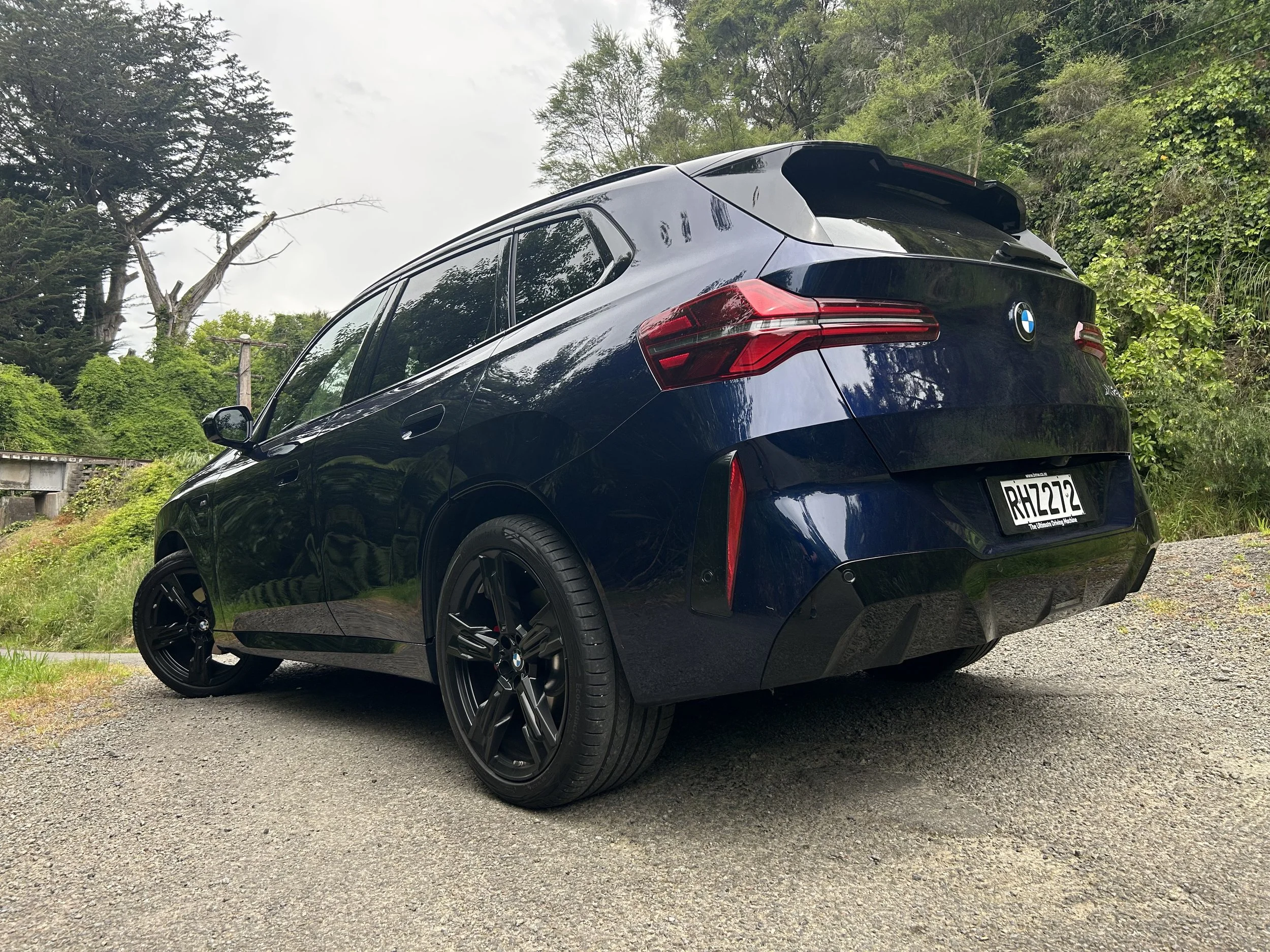Prius PHEV: Stepping back to advance
/Immediate interest in a plug-in used import Prius has cemented Toyota’s view that its decision to move forward into the electric car sector by taking a step back will pay off.
CHANCES are that Toyota here will continue to keep selling an already defunct plug-in rechargeable version of its Prius even when that car’s replacement finally becomes available here.
The market leader says immediate and intensifying interest – including from local authority and Government departments that would ordinarily focus only on brand-new product – in its programme to sell refurbished used-import examples of the generation three Prius PHEV, whose production ended last year, reinforces in-house opinion that realistic price is a key determinant for sparking consumer interest in this kind of mobility.
Though only a handful of those cars have so far been sold, it says the market feedback is positive enough to prompt a doubling of the initial order for the remainder of this year.
So, rather than bringing in 50 vehicles, it will have 100 on stock and might even double that again in 2017.
“We have not even begun our marketing and already we’ve had a lot of interest,” general manager of used vehicles and marketing Andrew Davis told MotoringNetwork at a media event to experience the car, which at $30,000 to $40,000 depending on mileage is between half to two thirds the price of a brand-new PHEV out of rival brands.
“We’ve been quite surprised at the reaction (from local and national level Government), they have recognized that it delivers all the electric car pluses without range anxiety and also offers the familiarity of the regular Prius they are used to.
“People are already seeing it as being more of a mainstream electric car rather than one of those more radical EVs.”
While only eight cars have so far been sold, more orders are coming in. The city council in Palmerston North, where TNZ is based, has ordered two and other local authorities are showing interest.
Davis and Ross O’Dea, the manager of the Signature Class programme that refurbishes the cars, suggest this response reinforces a view that battery-prioritised product will struggle to sell to even ardent sustainability conscious private and fleet customers unless the price is right.
It also suggests customers will happily settle for less than the latest technology and also bypass the tax advantages of buying a new car for business use if the deal looks better.
“That’s always been our strategy. The new stuff seems expensive and we obviously cannot access a new plug-in Prius at the moment,” Davis says.
TNZ already has the regular version of the latest, gen four Prius hybrid in the market but doubts it will see a lookalike Prime model set up, as the gen three used imports are, for home recharging and offering genuine electric-only operability (but offering double the electric range, 60kms as opposed to 26kms’ max and superior battery-pure performance), until 2018 at the earliest.
Prime is initially earmarked for Japan and North America and introduction there is now behind schedule, being pushed back six months to early 2017. Its availability to NZ is probable, but there’s no firm date and, Davis concedes, when it does come it will very likely be as expensive as any other brand-new PHEV.
With that in mind, he says the current programme, though initially envisaged as a stop-gap, might continue for as long as used gen three Prius stock was available.
“The price bracket makes it (the gen three) very attainable … I think it will still carry on because we don’t know what the pricing of the Prius Prime will be.”
He says the Prime’s market placement will depend on a volume commitment; the more cars TNZ vows it can sell, the sharper the price it might be able to negotiate from the factory. The experience with the used-import product will help guide TNZ over the next year or so.
“But I think that, even with Prime here, this car (the used import) will still have a place in the market.”
He points out that the non-rechargeable gen three Prius is the fifth-highest selling used import car here, whereas the brand-new orthodox latest-shape car is not making big impact.
“We have sold 1290 of the old ones sold against less than 50 of the new. There’s clearly an affordability factor to it.”
Desire to pitch into the emergent electric car market now has been driven by other brands’ activity, notably Mitsubishi with the PHEV Outlander, and also because Government desires to double the count of electric cars on our roads every year, to reach a fleet target of 64,000 vehicles by 2021.
TNZ is comfortably established as the dominant hybrid car seller here, and recently renewed its push in that area with the Corolla Hybrid Hatch. But as a non-rechargeable product it and other Toyota and Lexus hybrids don’t rate as electric cars.
The gen three Prius PHEVs it takes are sub-25,000km 2012 and later examples, all hand-picked with only those in above average condition making the cut.
Cars only come from the Tokyo and Nagoya areas and there are plenty around; three years ago Prius PHEV sales in Japan shot up dramatically when they became subject to an incentive scheme to spur a flagging domestic car market.
TNZ’s product avails through six dealerships – all but one in the North Island – and prior to distribution is subjected to TNZ’s Signature Class refurbishment programme, now in its 15th year of operation at the brand’s former car and van assembly plant in Thames.
The cars are meted more attention than is usually given Japanese used import vehicles that, having been the priority product in the scheme’s early days comprise just 20 percent of volume now, with the business now majoring on refreshing the ex-fleet and rental NZ-new product that accounts for up to 70 percent of its annual volume and is often bought back by the brand for resale.
To enhance their appeal, the PHEV Prius’ are fitted with local audio and reversing camera, dashboard displays converted from Japanese to English and the existing Japanese owner’s manual with an English version.
The cars also receive a five-year warranty, including battery and powertrain, and undergo odometer certification and compliance checks by AA as part of the Signature Class process.
The intent to is to bring them back to as-new condition and, certainly, the example this writer drove yesterday, a 2014-year car with 8785kms on the clock, looked spick and span, though it lacked that showroom smell (instead, there was distant but pervading aroma that reminds that the majority of Japanese still smoke in their cars). The carpets and head linings were clean and free of wear, though there was some slight tarnishing on the steering wheel and other controls while a rattle around the tailgate reminded it wasn’t factory-fresh.
A drive along the Coromandel coastline also prompted consideration that one of the major changes effected the gen four car was to enhance driveability.
While the used import PHEV delivers reasonable performance from its 1.8-litre petrol engine and 60-kilowatt electric motor, it has a much less involving chassis so the dynamics are far less pleasing and ride and steering are not highlights. Though the powertrain is very quiet, the car is not - road noise across coarse chip being the primary culprit.
We found the same three years ago when experiencing a trial example of the car that TNZ shipped in at a time when it hoped, forlornly as it transpired, it could make it work as a brand-new offer.
The sale programme starts off with Manukau Toyota, Auckland City Toyota, Hawkes Bay Toyota, Manawatu Toyota, Rutherford and Bond Wellington, and Miles Toyota Christchurch. More dealerships are expected to sell the car and also replicate the first adopters’ support programme, which includes a special hybrid area for servicing and provision of charging stations.
The cars are delivered with charging cables which enable charging from home; they can replenish from ordinary household outlets but TNZ is recommending buyers install heavier-duty 15 AMP outlets. The higher output power source better suits the car and enables much faster charging, just a couple of hours for full replenishment.
The Prius PHEV in this format is emphatically not latest tech. Again, the new gen four car even in its current NZ market state hammers home significant improvement. But it is still relevant, if not so much in terms of electric efficiency - it still has the lowest battery-pure range of any PHEV here - as in economy. TNZ suggests the car has a rating of around 2.5 litres per 100km in all- electric mode and 4.7L/100km in hybrid mode, with full electric mode capable of travelling at 100kmh.





